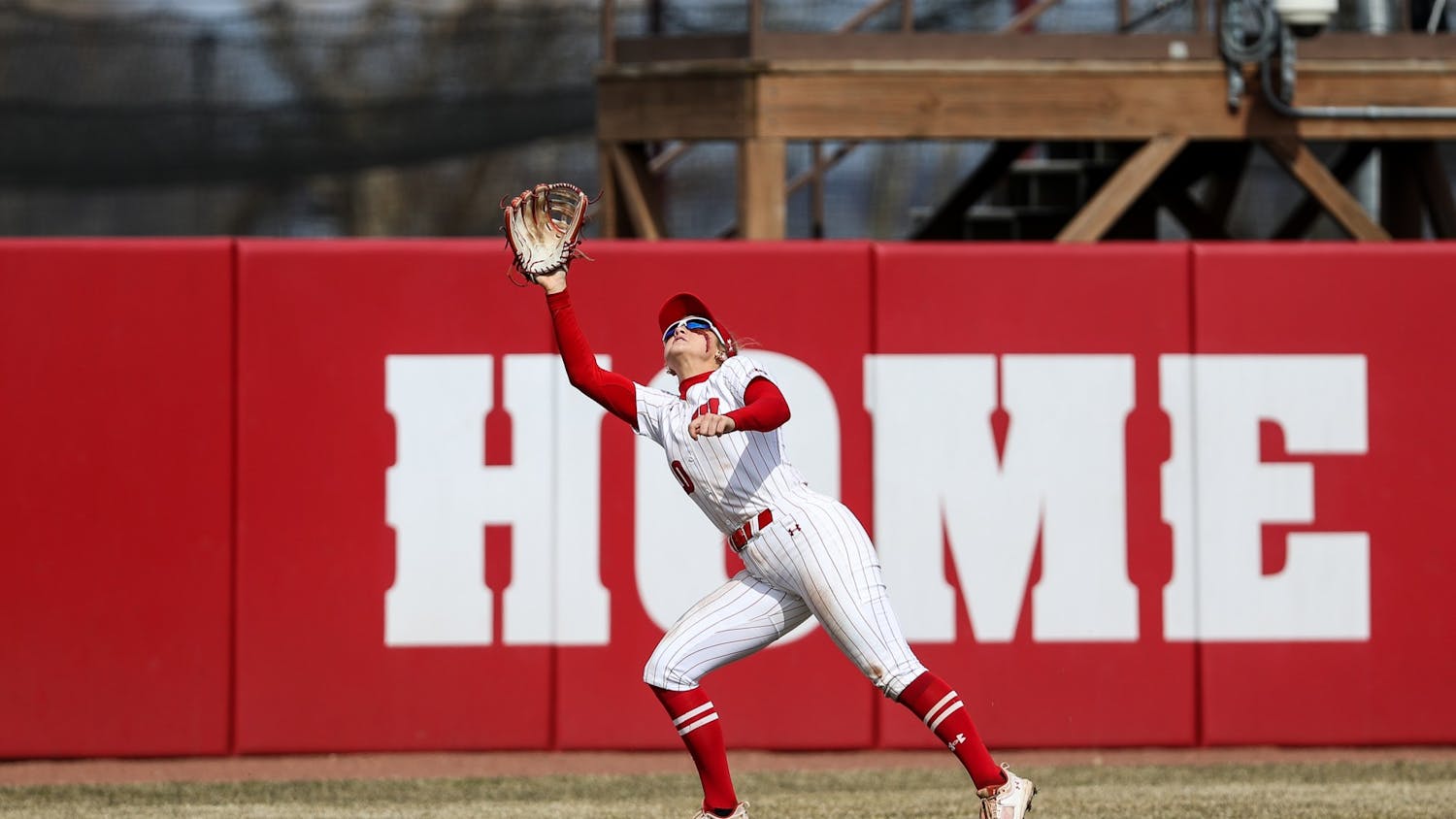“How do you rip people off without them knowing it?”
At last, a reader has sent me an email! Okay, technically the question was posed by a friend at my request, but he is a veteran fantasy baseballer and it’s a good question, so I’ll take a stab at answering it.
There exists no wholly adequate response to this inquiry, but I’ll attempt to first provide a simple answer followed by a more thorough elaboration. If you’re in a rush and only have enough time to read this column to the end of this paragraph, the basic answer is this: exploit misinformed evaluations made by your opponents.
The above may at first glance appear obvious and overly simplistic. That’s because it is. But the truth is, if a potential trade partner properly evaluates their players and your players in terms of their fantasy relevance, the utility from trading with them is limited. This is not to say that fair trades are ill-advised. Fair trades are often useful for filling needs and building trust with other owners. In desperate circumstances, even making lopsided deals in your opponent’s favor are necessary. But the question specifically targets unfair trades in your favor, and these transactions are crucial to fantasy baseball success.
So, what are some tricks for swindling opposing owners? One place to start is to trade pitching for hitting. The reason behind this is straightforward; pitching is much less predictable than hitting. Because of this, the value of starting pitchers tends to be inflated, particularly by owners who are struggling in pitching categories. In a standard rotisserie league, most starters really only contribute to two (four at most) of the 10 categories, whereas a star hitter can help in up to five. If you have a young arm who is overachieving, they are a must-move trade chip, as their success is often times unsustainable. Missing out on sustained upside is a risk, but these injury-prone pieces can be used to spoil a competitor’s lineup. For example, I would trade James Paxton for Manny Machado (who I still expect to start hitting) in a heartbeat, though the former has brought much more fantasy value so far. Young flamethrowers do have the occasional mouthwatering season, but taking a proven bat is the smarter play going forward.
No human is immune to cognitive biases, and there are several to exploit on the trade market. As mentioned in the draft column, fantasy value often differs from real value. If owners are more familiar with a player’s worth in MLB, trade your all-stars for their fantasy stars. A good defender offers no added value for their defense in (most) fantasy formats. On the flip side, stolen bases carry substantially more value in fantasy than in the big leagues. So swap your gold-glovers for bag swipers.
Fantasy owners also tend to overvalue their own players, particularly those who have overachieved. This makes sense; humans are emotional, and owners are likely to feel a kindred toward players who have helped them out. Stay away from these guys in trades. Furthermore, recency bias also plagues many a fantasy owner. A player on a hot streak will only endear an owner’s players to them even more, while a slump may do the opposite. Seek the slumpers and not the streakers.
Now that we know what we’re looking for, let’s take a step back and look at the big picture. Scoring in fantasy baseball is entirely formulaic. Your league’s scoring settings and current needs should always dictate your transactions. Making a lopsided trade, say Kyle Freeland for Dee Gordon, won’t necessarily help you if you already lead the steals category.
We know what we want, so how do we get it? Communicating effectively bodes well for your trading outlook. Just chatting with owners and friends about baseball in general and about their own teams can provide a sense for how they value their players.
If an opponent says, “Matt Carpenter’s a bust. I wish I hadn’t drafted him,” the door for a hefty trade haul opens up. However, this is a moment to exercise caution. Immediately offering Ariel Miranda for him could make your intentions too obvious and alert the owner to their evaluation blunder. An effective way to mask your intentions, especially if your league-mates know you to be a trade shark, is to feign ignorance. Pretending to share a similar perspective as your opponent when you know they’re wrong can help them feel comfortable in completing a trade they feel is advantageous but actually harmful.
Do you think sending a one-sentence question for a 750-word response is an unfair trade? Let Dylan know at dylananderson100@gmail.com.





